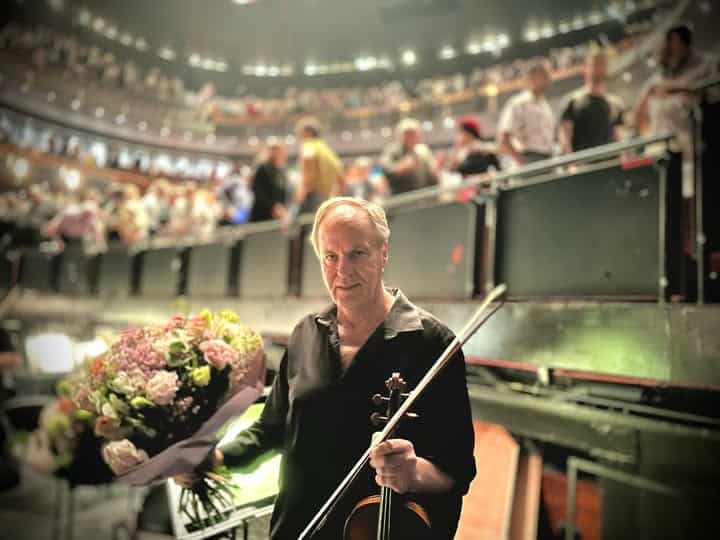Weaponising classical music against the underclasses
mainTed Gioia has written a thoughtful piece in the LA Review of Books about the growing tendency to play classical music in public places as a deterrent to anti-social elements.
AT THE CORNER of 8th and Market in San Francisco, by a shuttered subway escalator outside a Burger King, an unusual soundtrack plays. A beige speaker, mounted atop a tall window, blasts Baroque harpsichord at deafening volumes. The music never stops. Night and day, Bach, Mozart, and Vivaldi rain down from Burger King rooftops onto empty streets.
Empty streets, however, are the target audience for this concert. The playlist has been selected to repel sidewalk listeners — specifically, the mid-Market homeless who once congregated outside the restaurant doors that served as a neighborhood hub for the indigent. Outside the BART escalator, an encampment of grocery carts, sleeping bags, and plastic tarmacs had evolved into a sidewalk shantytown attracting throngs of squatters and street denizens. “There used to be a mob that would hang out there,” remarked local resident David Allen, “and now there may be just one or two people.” When I passed the corner, the only sign of life I found was a trembling woman crouched on the pavement, head in hand, as classical harpsichord besieged her ears.…..

Weaponized classical music is just the next step in the commodification of the genre. Today, most young people encounter classical music not as a popular art form but as a class signifier, a set of tropes in a larger system of encoded communication that commercial enterprises have exploited to remap our societal associations with orchestral sound. Decades of cultural conditioning have trained the public to identify the symphony as sonic shorthand for social status — and, by extension, exclusion from that status. The average American does not recognize the opening chords of The Four Seasons as the sound of spring but the sound of snobbery. On screen, Baroque is the background music for Old Money, High Society, and condescension. In essence, its music is not meant to be appreciated, but associated — and those associations are overwhelmingly elitist.
Read on here.





Comments